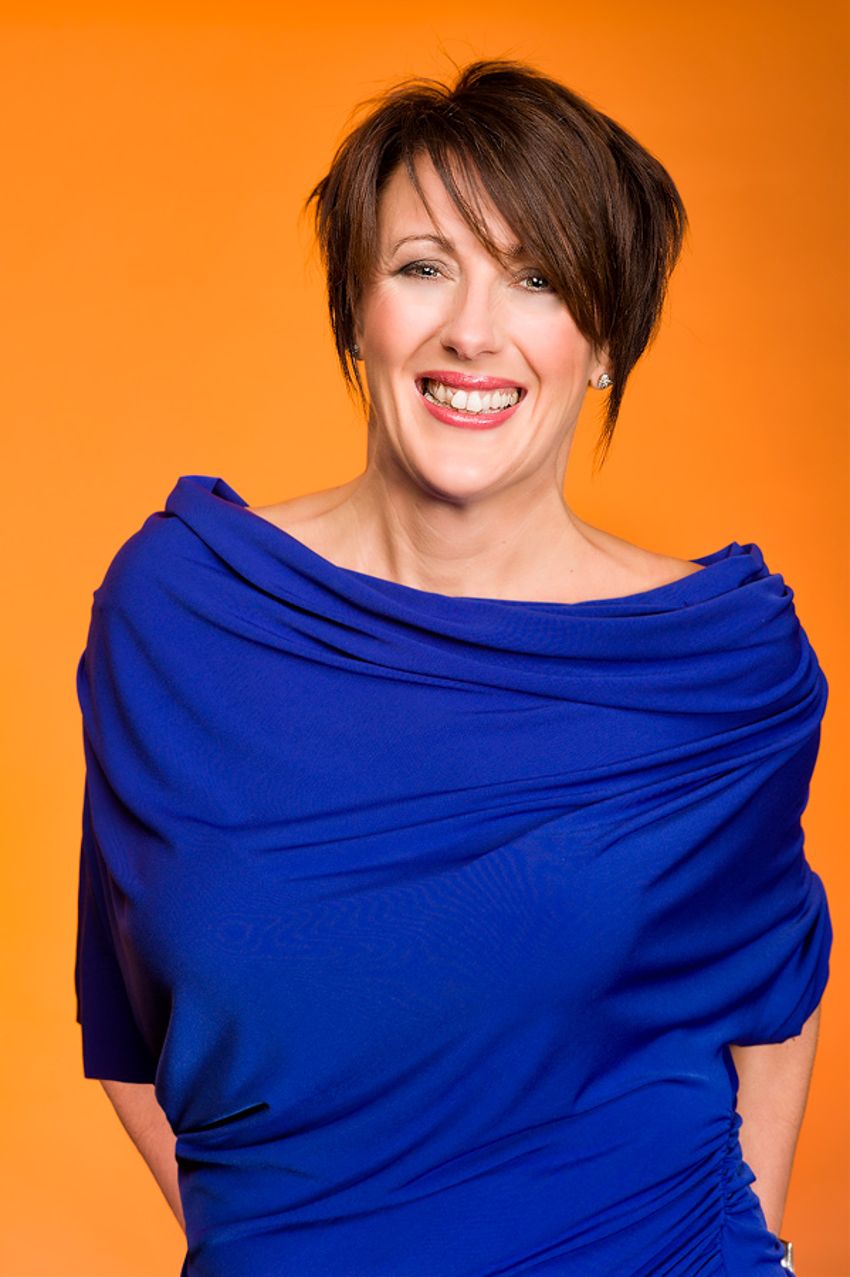The Courage Conundrum
Self-proclaimed “Courage Queen” Rachael Alexander explains how to overcome fear and seize life
Jane walks into a networking event, her heart is beating fast and she wishes she was anywhere other than facing a room full of strangers. Mike has to have a difficult conversation with a defensive staff member who has been consistently underperforming. Sarah keeps catching the eye of a hunky fellow gym-goer, and as much as she wants him to come over, the thought of what she would say to him makes her feel sick.
What do all of these people have in common? They are all fearful and lacking in courage, which could sabotage their success.
Many of us are similar and have fears that we battle daily. We may fear ridicule, rejection, criticism, disapproval or conflict, and the list goes on. The challenge is that these fears are inside of us, and like little children following us about everywhere we go.
At work, we may have to stand up to do a presentation where there is a risk of being criticised. Unhappy with issues at home but too scared to bring it up – we may have a fear of conflict.
These internal fears are like the school bully who seemed to be lurking around every corner, and just as we hid from the bully, we try to hide from our fears by staying in our safety zone.
Indeed, our safety zone is how many of us live our lives – in safety. We repeat the same routines and behave in the same way to avoid triggering the internal fears.
The trouble is the safety zone can get tiresome and boring, meaning we can lose our zest for living or worse, fail to achieve our highest potential.
There is only one way to conquer our fears, and that is by standing up to them. We must use courage to face the situations that may trigger the internal fear, and we have to move out of our safety zone.
The definition of courage is the ability to do something that frightens you. In over 13 years of researching fear and courage, I have found the fastest way to build self-confidence is to do the thing that frightens us the most. We have to put ourselves in situations where we are made to face our fears.
For example, if I’m scared to go to an exercise class for the first time, the only way I will get over this fear is to go to the exercise class. Before I go, I sit down and write down what I am fearful of experiencing or feeling. I may think ‘people will laugh at me’, or ‘I may not be able to do it’ or ‘I may want to leave.’
So, I need to ask myself, ‘how do I know this is going to happen?’ And, ‘if it does, how can I reframe it with courage?’
If I were being kind to myself I’d say:
‘My courage knows that if people laugh at me, this says more about their insecurity than mine. Kind people don’t laugh or maybe they are remembering how they looked in their first class and are laughing in sympathy. Maybe I am taking it too personally.’
‘My courage is helping me to appreciate that yes, I may not be able to do it the first time, and yes, I probably will get it wrong and this is ok. I am there to get fitter, not be the best. After a couple of weeks I will get the hang of it.’
‘My courage is accepting that I probably will go bright red and sweat a lot, yet I am taking responsibility to reduce my weight. My courage reassures me that this is not failure; it is just a life experience.’
The best part of being scared and facing your fears is that once you have done it, you get the positive feeling of pride in what you have achieved. This encourages you to go do it all again, meaning you have moved out of your safety zone. Success!
Another great courage strategy is to imagine you have a best friend or partner who you love and want to succeed. What would you say to encourage them to go to an exercise class they dreaded?
You might mention how you know they are scared and have every right to be, but if they can be kind to themselves and give it their best shot, they might just be surprised by what they can do.
Remember, our fearful self will always try and keep us in our safety zone. When we start to build courage, we can break free from restrictive thinking.
Having true courage means identifying our fears and committing to eliminate them from sabotaging our success every day. I know it can be done, as I have done it myself, and have seen thousands of others do it. I left an abusive marriage and started my own business by using courage, so I know you can too.
Eleanor Roosevelt said “we must do the thing we think we cannot do.” Now go and do the thing you think you cannot do, because your courage knows you can!
For more information visit www.couragequeen.com
[vc_row][vc_column][vc_column_text]Rachel is also the author of I Can Handle Divorce, out now[/vc_column_text][vc_single_image image=”18325″][/vc_column][/vc_row]




